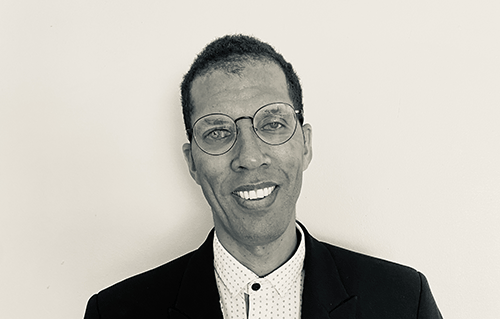I doubt many of us can fathom the mystery of how the trauma experienced by our ancestors still influences the way we think, feel, and act. Studies on the psychological harm of Namibia’s conflicted history are sparse, but similar experiences from elsewhere may help fill the gaps in understanding the inter-generational nature of trauma.
Trauma
The American Psychological Association lists trauma as one of the most researched and discussed phenomena in psychology. However, a conclusive definition that is distinct, culturally sensitive, and universally applicable is still missing. One notable definition is from the Diagnostic and Statistical Manual (DSM-5), which describes trauma as exposure to actual or threatened death, serious injury, or sexual violence. It further states that trauma can also occur when someone witnesses or learns about a traumatic event experienced by another person.
Rooted in the annals of history
Namibia was colonised by Germany in 1886, and it took 104 years for the Namibian people to gain independence. The social and political context of that era was marked by racially-motivated displacement, segregation, and oppression. In a war that spanned from 1904 to 1908, the Nama and Herero people fought against German colonial rule—a noble cause now permanently embedded in Namibia’s history. The first genocide of the 20th century nearly wiped out entire communities and their legacy.
In 1921, Namibia was handed over to the South African Union to be administered as a Class C mandate for the benefit of the native Namibians—a far-fetched dream that never materialised. Between 1921 and 1989, the Odendaal Plan, an apartheid framework aimed at solidifying the power of the South African regime, was created and enforced. During this time, the struggle for independence intensified, not without consequences; Cassinga epitomises this.
Trauma through conflict
The atrocities of the past did not cease with liberation; trauma seeped through the cracks at independence and has anchored itself into the fibres of Namibian society. This is visible in all spheres of our community: murder, injury, and sexual violence abound throughout our country. These manifestations of violence reflect not only our present but also our troubled past—violence breeds violence. The trauma experienced by our ancestors altered their lives and their brains. These elements, along with continuous exposure to trauma, have ensured that it weave itself into our psyche.
Inter-generational nature of trauma
Trauma is transferable through generations; epigenetics influences how genes are expressed. These expressions can then be passed on to subsequent generations, increasing an individual’s vulnerability to mental health conditions like anxiety and mood disorders. Biology is not the only way trauma is transmitted across generations; parents may unknowingly teach their children maladaptive trauma responses through modelling and verbal cues. This extends the effects of trauma, rooting these responses into family culture. When maladaptive behaviours are modelled as normal responses, violence becomes the norm for conflict, silence becomes normal for fear, and aggression becomes normal for misconceptions. Essentially, we are living with the trauma of our ancestors while fighting our own battles.
Reparations as pathways to healing
We are a wounded nation, stripped of possibilities by a history marred by colonialism and apartheid. The year 2025 is designated as the AU Year of Reparations for Africans and People of African Descent.
Post-conflict societies are riddled with trauma, and reparations can only be effective if they also address the trauma inflicted on our nations. Trauma can impede economic growth through reduced mobility, financial strain, health consequences, diminished social participation, and persistent cycles of poverty and inequality.
Transformative reparations should be holistic, addressing not only socioeconomic needs but also mental health damage because communities can only thrive if both socioeconomic and mental health healing occurs.
*Alex Gomachab is a Student Psychologist, Mental Health Advocate, and Marketing Graduate.



